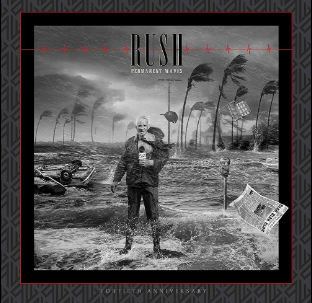“Tapestry” continues to impress years later
“In Carole King’s second solo studio album, “Tapestry,” released in 1971, King spills her emotions in forms of folk rock, smooth rock, and beautifully written lines. “
March 9, 2021
Tired of your Spotify playlists? The Purbalite is here to help, with our Essential Listening series.
Music seems to spill from Carole King’s chords like a gleaming waterfall in the middle of an untouched jungle.
In Carole King’s second solo studio album, “Tapestry,” released in 1971, King spills her emotions in forms of folk rock, smooth rock, and beautifully written lines.
The album begins with “I Feel the Earth Move,” which is a testament to King’s bluesy swagger. It is an opening for what good is to come.
She then follows up with “So Far Away,” and “It’s Too Late,” both having a more somber, slow, almost polished tone for her listeners.
Each song carries a different meaning for King, and all of them portray a part of her story.
She offsets these ominous songs with “Beautiful,” trying to send a message to her listeners that regardless of what is going on in life, people must keep moving forward, and understand they are beautiful.
She then follows with two of the three most popular and renowned songs in this album: “Way Over Yonder” and “You’ve Got a Friend.” They have a slow, smooth, unwrinkled, and catchy tone for her listeners to sing along to.
Then she offers “Where You Lead,” and “Will You Love Me Tomorrow,” which contrast each other. “Where You Lead” talks about her relationship with a person in her life in an upbeat, energetic sound. Then “Will You Love Me Tomorrow” is a slow, daunting and sad song about her love going to waste with the same person.
King finalizes her masterpiece with “Natural Woman,” which gives her listeners a true look at how much soul and smoothness she can imply in her songs. The famous repeating phrase “You make me feel” blends perfectly with the piano, leading to her fluid, elongated line “like a nat-ur-al woman.”
King leaves an everlasting impression on her listeners with the sound of her final song in the album.












